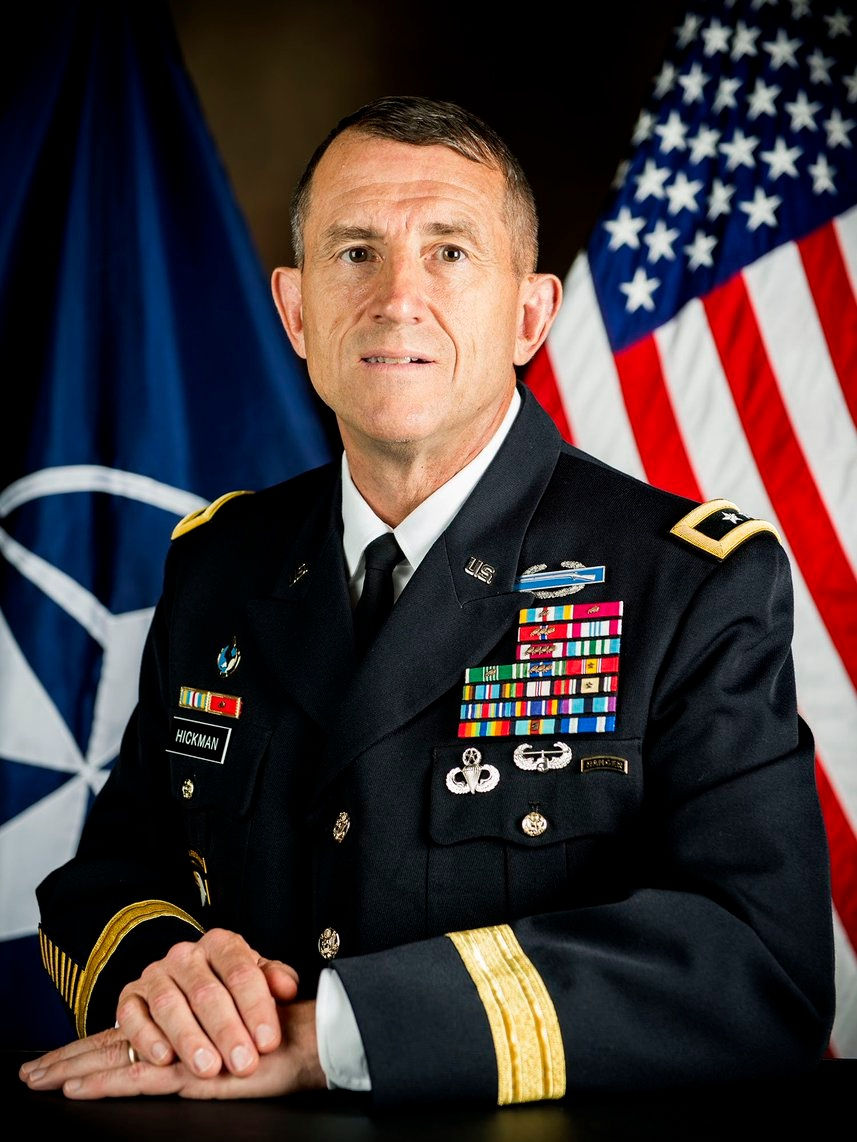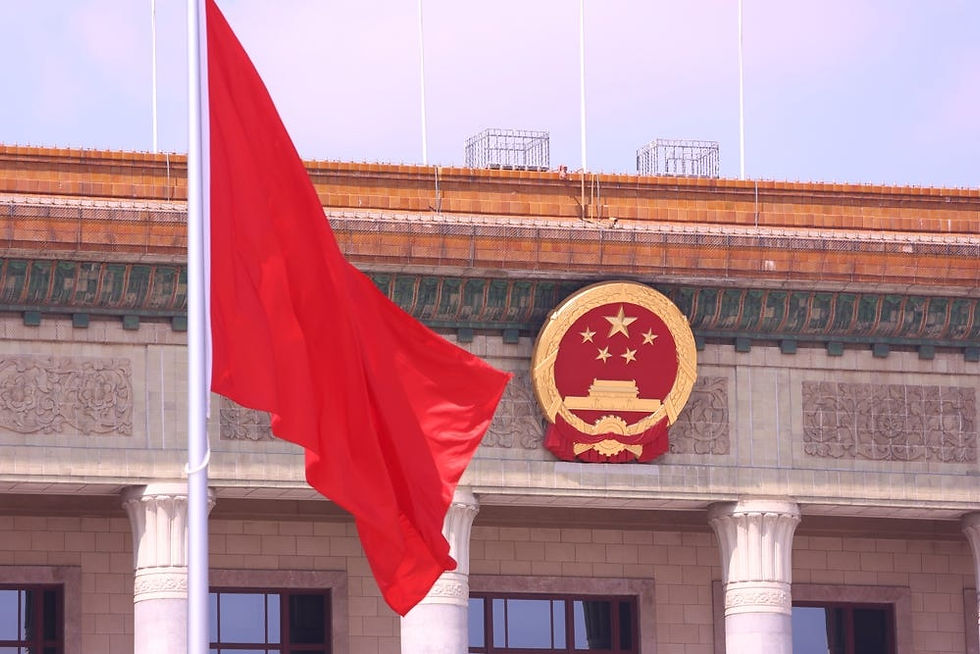Inside NATO: Power, Partnership, and Purpose with General William Hickman
- Samuel Waitt

- Jul 22
- 3 min read
Retired U.S. Army General William Hickman, whose career includes deployments in Iraq and Afghanistan as well as key leadership roles within NATO's military command, reflects on the Alliance’s ultimate mission, its expansion and its relevance in today's chaotic global order.

“This is more than just defending the borders of a state…This is about the future of the democracies of the world that drive international law and our worldview of freedom and liberty.” — General William Hickman
While General Hickman has served both on battlefields and in boardrooms across the globe, in this episode our conversation centers on the one alliance that has anchored the West for over 75 years — NATO, aka the North Atlantic Treaty Organization.
We began our conversation with a brief history lesson. As Gen. Hickman explains, NATO’s origin story began in 1949, and while the world view may have shifted, its true purpose hasn’t.
“There were 12 original members, and we're up to 32. But if you look at why it was formed,” he explains, “if you look at what Truman saw, it was a community of nations for peace and prosperity.”
Eisenhower, in 1954, referred to NATO and its alliances as more of a defense system. “Defending more than our borders. We're defending a way of life.”
Gen. Hickman sees NATO the way Kissinger did. “Kissinger talked about alliances versus collective security. Collective security is about the rule of law, protecting international law,” he shares. “I see NATO as more than just the boundaries of these 32 member states. It is about our way of life. It is about international law, peace and prosperity.”
NATO's consensus model gives every member, big or small, an equal say. “Everybody gets one vote. All the nations have to vote yes to do something. One nation can stop what's happening,” he explains. That includes countries like Albania having the same formal weight as the United States. "Technically they do."
The United States, however, remains the backbone of the Alliance.
“The U.S. is the leader of NATO and provides a majority of the power.” But Gen. Hickman pushes back against the notion that NATO is a one-way street: “Of course, we think the Europeans can do more, but the US provides about 750 billion.”
He estimates Europeans are close to 400/450 billion. Critics often cite the 2% defense spending target as proof of uneven burden-sharing, but Gen. Hickman argues it’s more complex than that.
“There’s a process in NATO called the NATO Defense Planning Process. It's a planning process to determine how that money is spent,” he shares. “It's run by the politicians in NATO with the military’s assistance.”
Admittedly, the real story behind NATO’s defense spending is “hard to put on a bumper sticker.”
Gen. Hickman emphasizes the strategic importance of newer NATO members in Eastern Europe. “They're totally committed, obviously because they are on the front lines,” he says. “They have a line on the walk there to keep their population really supporting their independence at the same time keeping the Russians out."
When asked whether NATO’s expansion was a provocation or a protection, Gen. Hickman is clear. “This is about how these states selected democracy. They selected freedom. They set up governments. It is the alliance that people are trying to get into.”
Though rumors exist that the United States might withdraw the most senior military officer in NATO — SACEUR — Gen. Hickman believes the position must remain American.
“The Supreme Allied Commander of Europe has always been an American since 1949. It needs to remain American,” he says. “With an American in the room, the American in charge, we were able to bring the other European forces together and synchronize combat power, their effects and the politics.”
Gen. Hickman closes with a call for continued leadership. “It's to our benefit to continue to lead NATO so then we can focus on other parts of the world and we can focus on the Pacific. We can focus on Central and South America and defense of North America.”
Listen to the full episode to hear more from General Hickman and follow along with Season 2 as we explore today’s top geopolitical challenges.
You can follow Samuel Waitt for additional insights on world politics by subscribing to his Substack: samuelwaitt.substack.com and read the book: Waitt, What?: Reflections on Global Politics – available on Amazon.




Comments